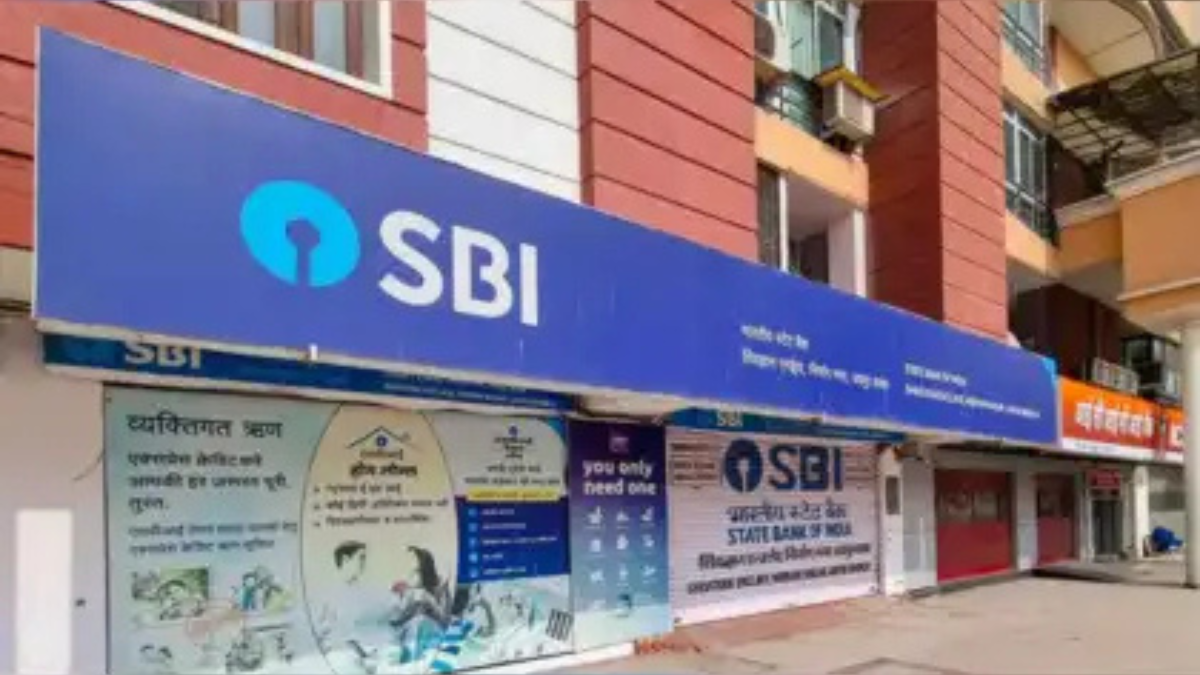With the SBI Clerk exam starting from tomorrow, many candidates are unsure about which topics are the most scoring and which sections should be attempted first. To help you out, this article highlights the top-scoring topics for the SBI Clerk exam along with a section-wise strategy to maximize your score. Below is a subject-wise breakdown of the scoring topics to help you focus better.
Top Scoring Topics for SBI Clerk Exam
When it comes to identifying the most scoring topics in the SBI Clerk exam, certain areas stand out in each subject. In the Reasoning section, Puzzles and Seating Arrangement are the top-scoring topics. For Numerical Ability, Data Interpretation (DI), and Arithmetic hold the highest weightage and scoring potential. In the English section, Reading Comprehension (RC) remains the most reliable scoring area.
Top Scoring Topics of Reasoning Section
The SBI Clerk Prelims exam is designed to test candidates on speed, accuracy, and smart selection of questions. With only 60 minutes to attempt 100 questions, it becomes crucial to focus on the most scoring topics that appear consistently every year. By analyzing the past 5 years’ trends, we can clearly identify the high-weightage areas in Reasoning Ability, Numerical Ability, and English Language.
1. Reasoning Ability (35 Marks)
The reasoning section tests your logical thinking and problem-solving skills. While it may look lengthy at first, certain topics consistently carry high weightage and can be attempted quickly with the right practice.
- Puzzles & Seating Arrangement (14–19 Qs): The most dominant and scoring topic, covering nearly 40–50% of the section. Mastering this ensures bulk marks.
- Coding-Decoding (Up to 5 Qs): Frequently asked and usually straightforward; quick to solve with practice.
- Syllogism (3–4 Qs): Appears every year and is highly scoring once the basics are clear.
- Inequalities (3–4 Qs): Quick-to-solve and consistent across shifts.
- Other Minor Topics (Direction Sense, Blood Relation, Alphabet Series, Word-based puzzles): Contribute 5–8 Qs in total, generally easy and less time-consuming.
| Topic | Average Questions |
Scoring Potential
|
| Puzzles & Seating Arrangement | 15–19 |
High
|
| Coding-Decoding | 3–5 |
Strong
|
| Syllogism | 3–4 |
Reliable
|
| Inequality | 3–4 |
Quick
|
| Others (Blood Relation, Direction, Alphabet, Word-based) | 5–7 |
Easy marks
|
2. Numerical Ability (35 Marks)
This section checks your calculation speed and accuracy. With smart selection of questions, it can become the most scoring part of the paper. Prioritizing easier and high-frequency topics can save time and boost your overall score.
- Simplification & Approximation (10–15 Qs): The most reliable and quick-scoring topic; strong calculation speed is a must here.
- Data Interpretation (5–10 Qs): A regular feature; highly scoring if you are good with percentages, ratios, and averages.
- Arithmetic Word Problems (10 Qs): Covers topics like Profit & Loss, Time & Work, and SI-CI. Slightly lengthy but consistent.
- Number Series (5 Qs in some years): Easy and quick, especially with regular practice.
- Quadratic Equations (Up to 5 Qs): Straightforward and less time-consuming when asked.
| Topic | Average Questions |
Scoring Potential
|
| Simplification/Approximation | 10–15 |
Scoring
|
| Data Interpretation (DI) | 5–10 |
Moderate consistent
|
| Arithmetic Word Problems | 10 |
Lengthy but consistent
|
| Number Series (Missing/Wrong) | 5 |
Quick
|
| Quadratic Equations | 3–5 |
Easy
|
3. English Language (30 Marks)
The English section tests vocabulary, grammar, and comprehension. Many candidates find it tricky, but focusing on the recurring topics can help you secure quick and accurate marks.
- Reading Comprehension (7–10 Qs): Always asked and highly scoring for those with good comprehension skills.
- Cloze Test (5–8 Qs): Easy to attempt with a good understanding of grammar and context.
- Sentence Rearrangement/Para Jumbles (5 Qs): Consistently present; manageable with practice.
- Error Detection (5 Qs in recent years): Grammar-based and scoring if rules are well-prepared.
- Miscellaneous (Misspelt words, Fillers, Phrase Replacement): Appear occasionally and are generally simple.
| Topic | Average Questions |
Scoring Potential
|
| Reading Comprehension (RC) | 7–10 |
Most consistent
|
| Cloze Test | 5–8 |
Easy scoring
|
| Sentence Rearrangement | 5 |
Practice-based
|
| Error Detection | 5 |
Grammar-focused
|
| Misc. (Misspelt, Fillers, Phrase Replacement) | 3–5 |
Bonus marks
|
| Related Posts | |
| SBI Clerk Exam Date 2025 | SBI Clerk Admit Card 2025 |
| SBI Clerk Salary | SBI Clerk Syllabus |
| SBI Clerk Cut Off | SBI Clerk Previous Year Question Paper |




 Daily Current Affairs Quiz 23rd February...
Daily Current Affairs Quiz 23rd February...
 Bank of Baroda Office Assistant Exam Ana...
Bank of Baroda Office Assistant Exam Ana...
 Bank of Baroda Office Assistant Memory B...
Bank of Baroda Office Assistant Memory B...








